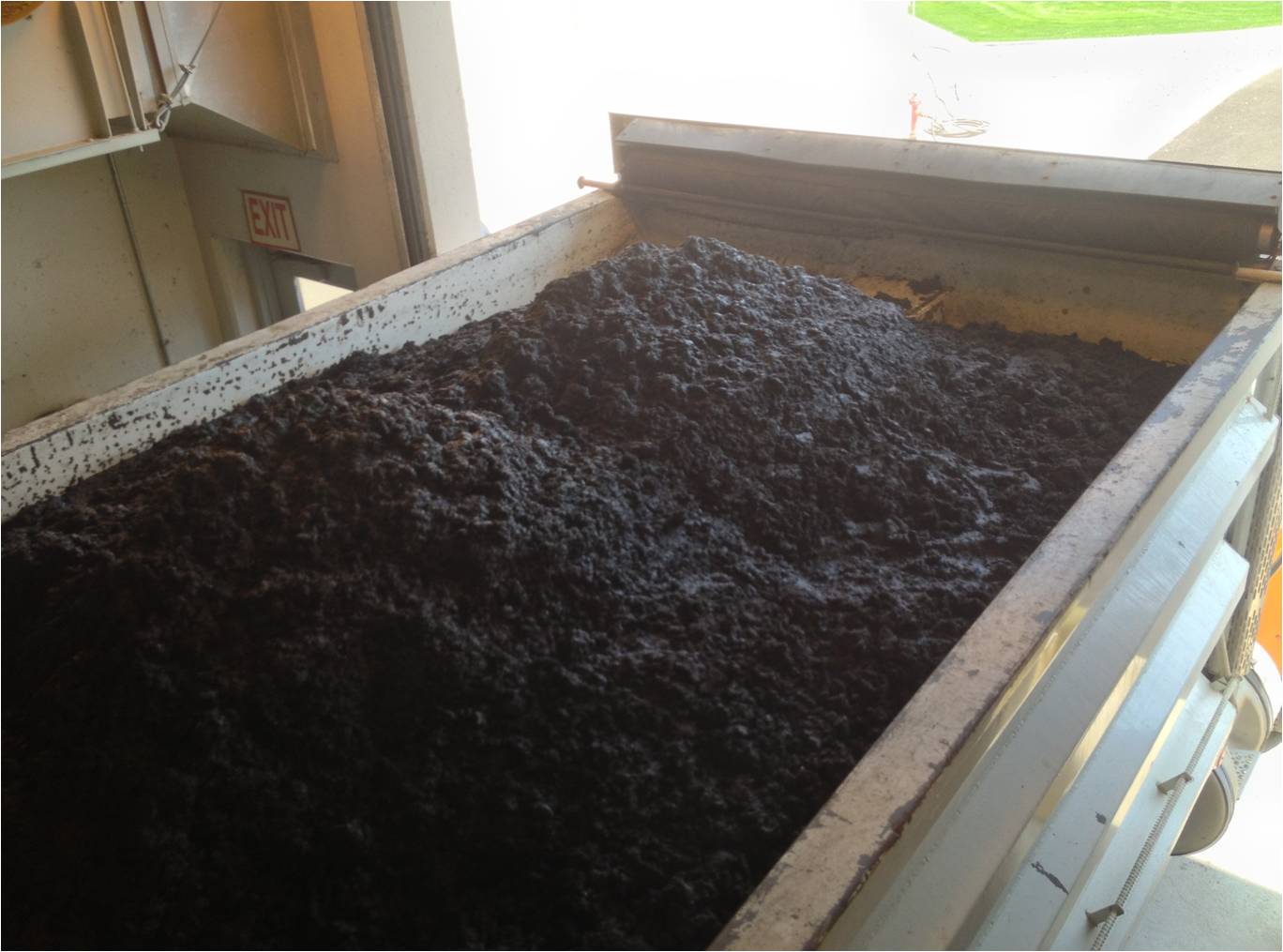The Regional District of Nanaimo (RDN) won the Northwest Biosolids Excellence in Biosolids Award at the recent Biofest conference in Blaine, Washington. The award recognizes significant contributions to the development and implementation of cost-effective and environmentally beneficial biosolids management practices.
“The RDN is so pleased to receive this award alongside our project partners,” said Ian Thorpe, chair of RDN. “We believe that innovation and collaboration are instrumental in building a healthy, resilient and sustainable region, and programs like our biosolids initiative help care for our resources as well as our relationships.”
Biosolids are nutrient-rich, humus-like materials that result from the treatment of wastewater. They are high in organic content, contain key nutrients, and are commonly used as a fertilizer or soil conditioner.
Each year, RDN produces almost 4,500 tonnes of biosolids. This equates to about 450 dump truck loads. RDN biosolids are managed across two programs in collaboration with three partners: Mosaic Forest Management, Nanaimo Mountain Bike Club, and Harmac Pacific.
Most of the RDN’s biosolids are land-applied in a forest fertilization program to improve tree growth. The forest fertilization area is on private forest lands, which have a history of recreational mountain bike use. For this program, biosolids are managed in partnership with the Nanaimo Mountain Bike Club and Mosaic.
The resulting partnerships create synergies between potentially-competing land uses, improve communication and safety, and maximize the benefits for all parties. Additionally, this program has the potential to create a new mountain biking destination on Vancouver Island by delineating separate areas for biosolids and mountain biking, and allowing the development of mountain biking infrastructure.
The RDN has also partnered with Harmac Pacific to develop a biosolids contingency site at the Harmac Pacific Mill that can be used when the forest lands are inaccessible—for example, during the winter months due to ice and snow. At the contingency site, biosolids are mixed into a growing medium and used as fabricated soil during landfill remediation. Without a contingency site, RDN biosolids would be sent to the Regional Landfill. Diverting biosolids from the landfill is consistent with the RDN’s Zero Waste policy.









